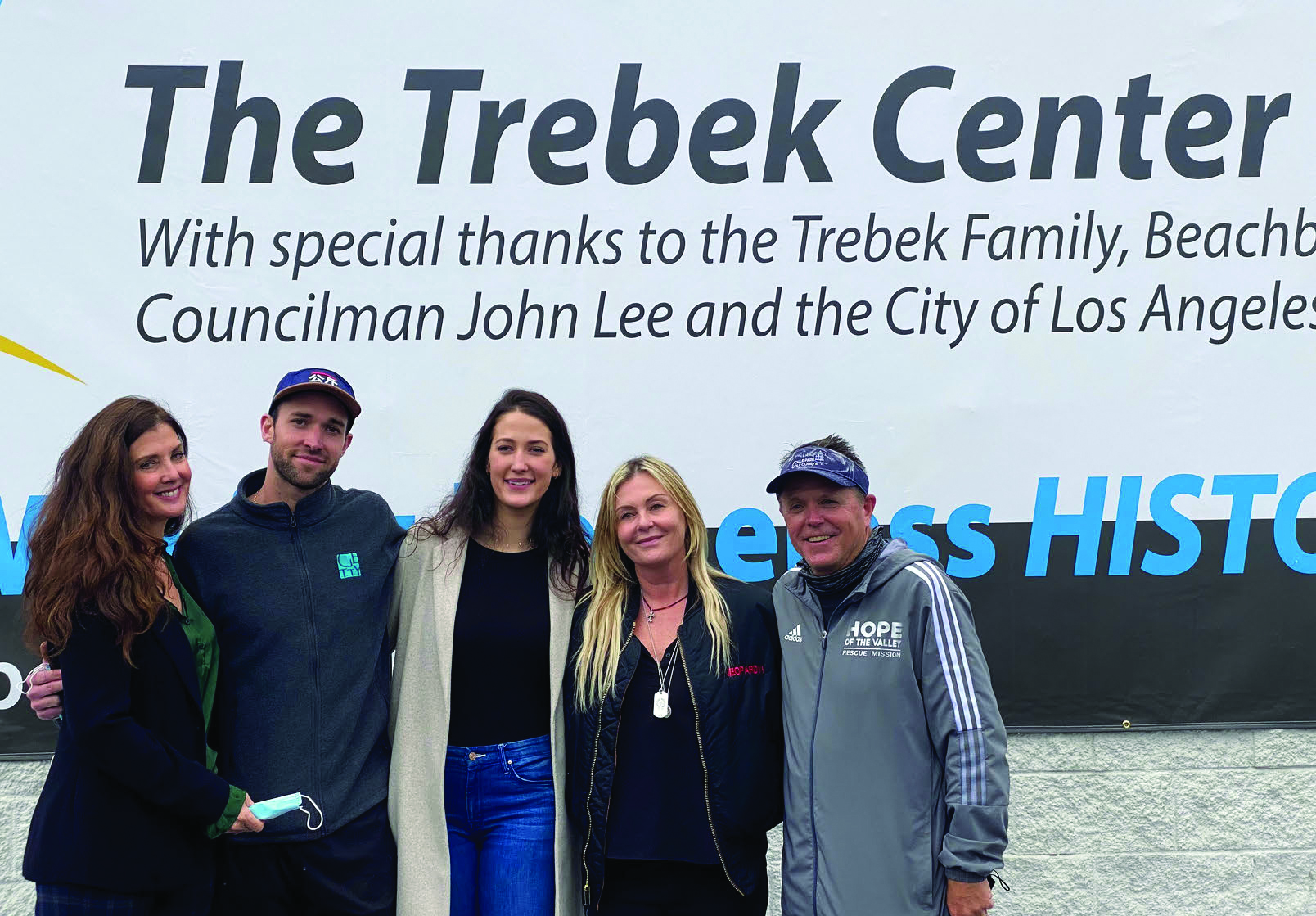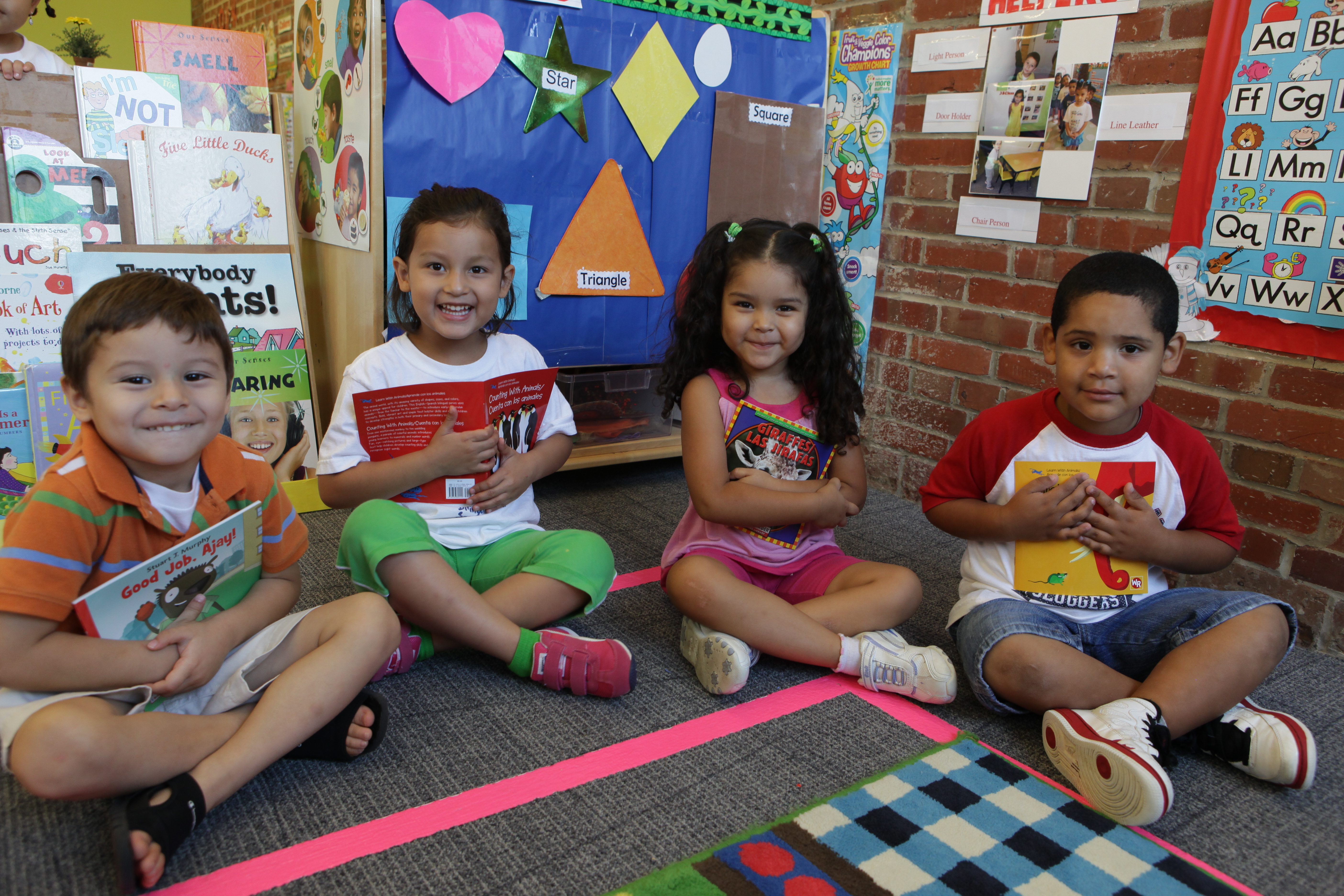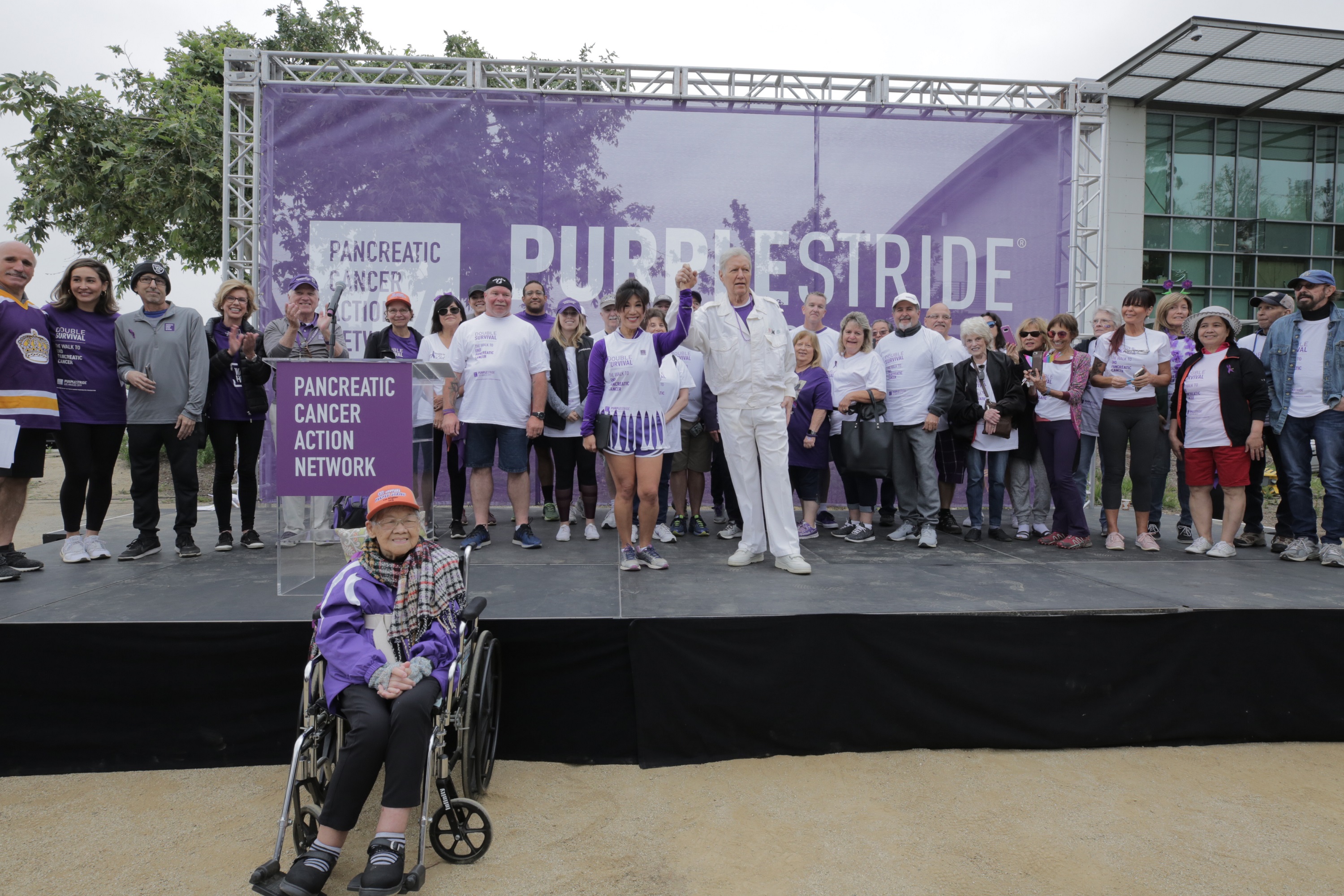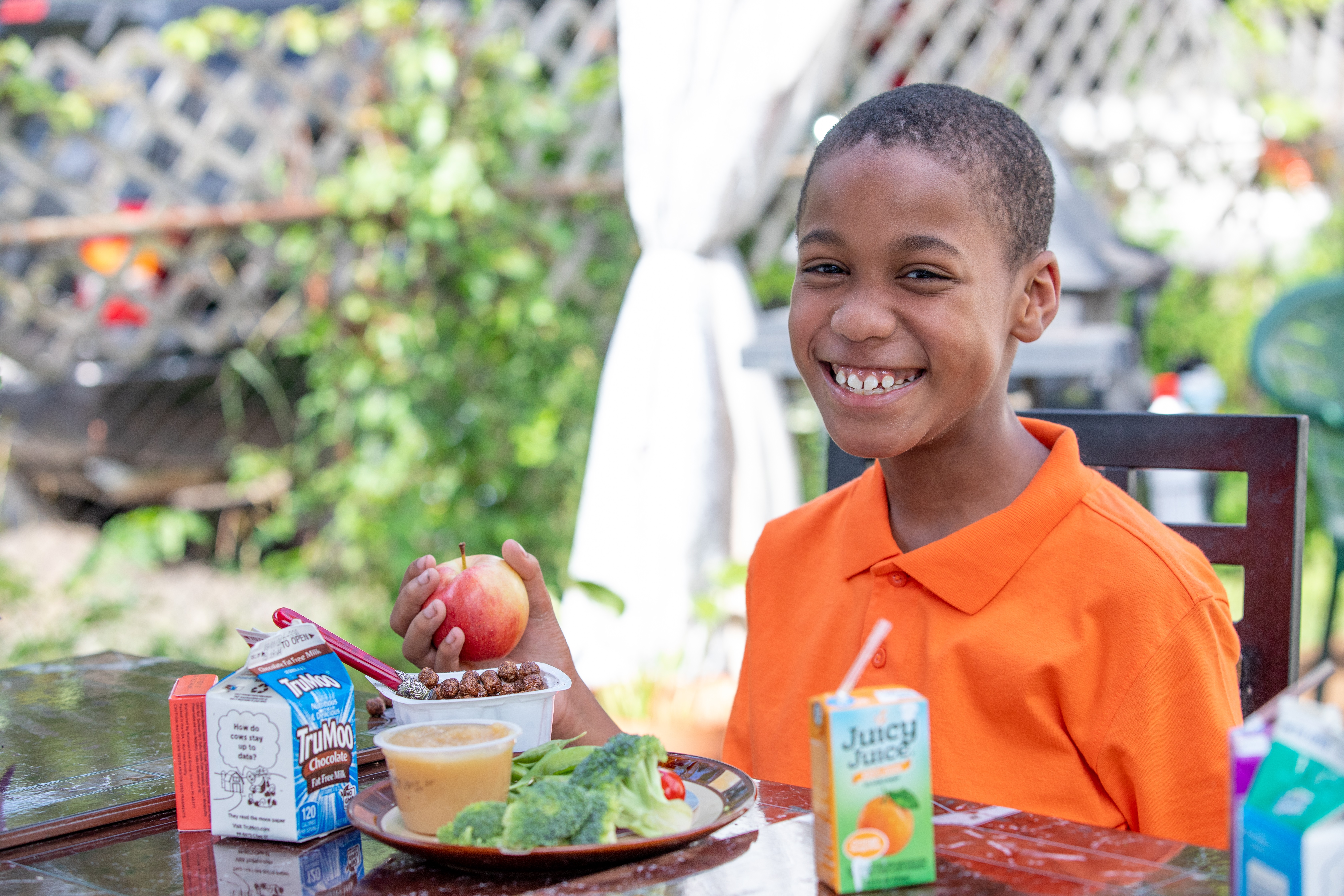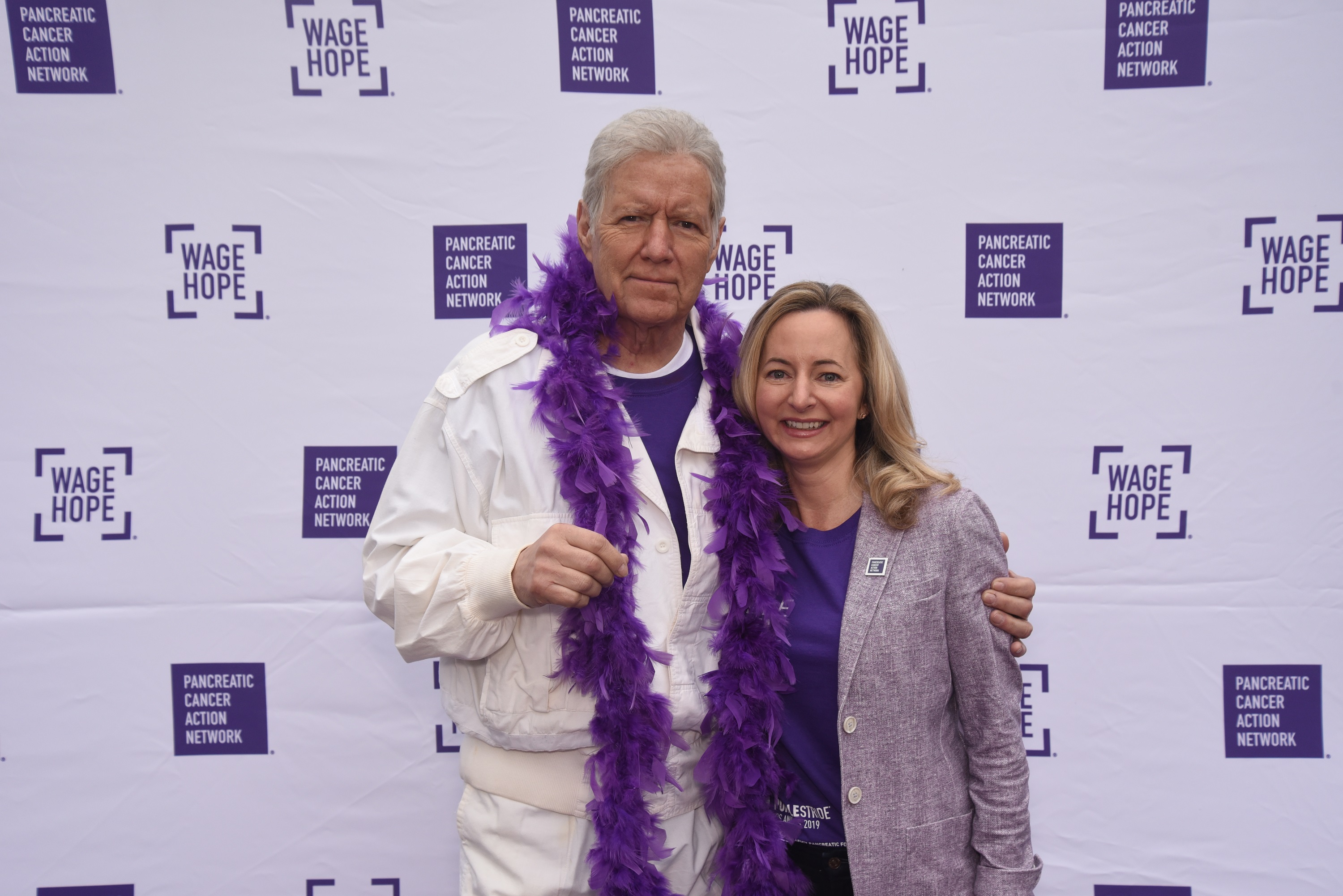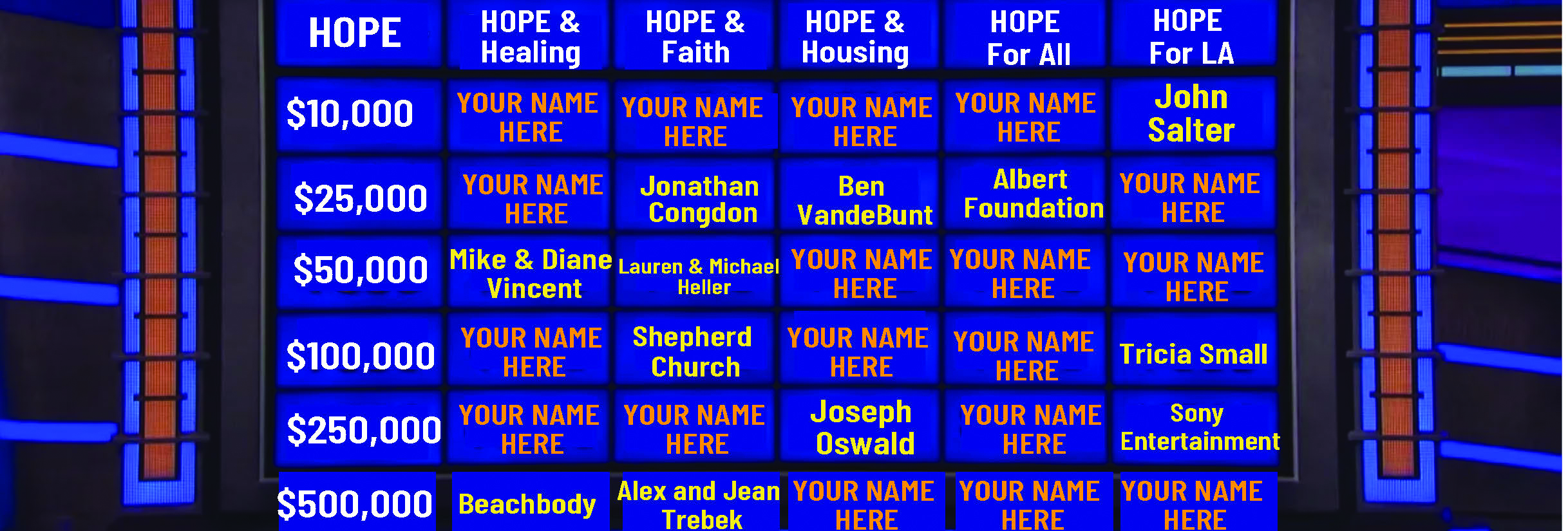The Legacy of Alex Trebek’s Philanthropy
The late game show host, as well as other celebrity nonprofit ambassadors,
can have a profound and lasting impact on the causes they choose to support
by Amanda L. ColeOctober 12, 2021
Share Article
Ken Craft received a call at his Pacoima, California, office in January of 2020. “Hello, is this Ken Craft?”
“Yes,” Craft responded.
“This is Alex Trebek,” the voice on the other end said before asking if he could come to visit the homeless shelter Craft’s nonprofit, Hope of the Valley Rescue Mission, was building in North Hollywood, California. At this point, Craft, the nonprofit’s CEO, wasn’t even sure if this was the Alex Trebek, known for hosting “Jeopardy!” for 37 years, but agreed to meet him the next morning, regardless. And sure enough Craft saw Trebek, wearing jeans and a ballcap, arrive in his RAM truck.
After the tour, Trebek was tired but promised to be in touch. When weeks went by, Craft figured Trebek wasn’t interested in supporting his organization — until he received another call. This time, Trebek asked about financials, so Craft provided the nonprofit’s audited financial statements. Then, in a third call, Trebek invited him to his home. When Craft arrived the following morning, he noticed the financial documents on Trebek’s desk covered with various notations and highlighted portions.
“[Trebek] goes, ‘I really like the way you're running this operation,’ Craft said. And so, at that time, he slid a check across the table — or an envelope — and I said, ‘Can I open it?’ He goes, ‘Of course.’ And so, it was a check for $100,000.”
After inviting Craft and his wife, Laurie — chief programs officer at Hope of the Valley — to a “Jeopardy!” taping in March of 2020, Craft next heard from Trebek three months later to see if he could come to see the shelter before its scheduled July opening. They toured both the North Hollywood site and another under construction in Van Nuys, California. During a conversation in the parking lot, Trebek’s wife, Jean, handed Craft a check for $500,000. Craft was speechless at first before thinking of the perfect way to use the gift.
“I said, ‘How would you feel if I was to use this check as the lead gift for the next shelter that we're going to build?’ And they said, ‘Ken, we would love that,’” Craft said.
Photo Courtesy of Hope of the Valley Rescue Mission
And that led to the Skateland, a skating rink that closed down during the pandemic, that the Trebeks' generosity helped move into motion. It began its transformation to a new shelter Sept. 8 and is expected to be completed by March 10, 2022. And having Trebek in Hope of the Valley's corner really made a difference.
But Hope of the Valley isn’t alone. Celebrity ambassadors can have a huge impact on both nonprofit missions and fundraising. Following Trebek’s death, “Jeopardy!” launched a charitable effort that allowed each of its 13 guest hosts, mainly consisting of celebrity TV personalities, to select a charity of choice to receive a donation matching the contestant's winning total during that guest host's one- or two-week stint. In total, the show and its production company, Sony Pictures Television, contributed nearly $3 million to 15 charities over the course of about six months.
But, the gifts — and the associated awareness — are longer lasting. That’s the thing about celebrity advocacy, the message reaches more people and keeps spreading long after it’s first spoken, or possibly tweeted. While not an easy relationship to cultivate, it can surely be well worth the effort.
Built-to-Last Relationships
That connection to a celebrity ambassador can vary case by case. George Stephanopoulos knew the founders of Share Our Strength from their mutual days in politics, Reading Is Fundamental honored actor LeVar Burton with an award and Pancreatic Cancer Action Network’s CEO wrote Trebek a letter, offering support via information and resources after he announced his diagnosis to the world. While there’s no definitive path that organizations can take to develop relationships with celebrity ambassadors, an existing tie to the nonprofit’s mission appears to be the most common path leading to that relationship.
Burton, who starred in “Roots” and “Star Trek: The Next Generation," may be best known for hosting “Reading Rainbow” for a historic 21-year run on PBS. For his commitment to children's literacy, Reading Is Fundamental awarded him its Champion of Children’s Literacy Award in 2006. And that relationship hasn’t waned since. Burton helped to create and narrate a children’s ebook library, dubbed Skybrary, that he later donated to Reading Is Fundamental in 2019. He also gives the nonprofit proceeds from his signature series for eyewear accessory company, LA LOOP. And Burton recently participated in a back-to-school initiative called Rally to Read 100 by kicking off the children’s author read-aloud component in September with “The Rhino Who Swallowed the Storm,” a book he co-authored.
Being committed to making sure children can read proficiently is Reading Is Fundamental’s mission, but having Burton, who has become synonymous with the issue as well, is invaluable, the nonprofit’s CEO Alicia Levi said, calling him a “lifetime advocate.”
“When we look around the marketplace, there are a lot of people that get engaged,” she said. “There've been a lot of people that have participated through COVID and through the years ... but very few can you look to and say, ‘They have authentically dedicated their philanthropic work to an issue.’ … That's the golden ticket for sure. But I would argue it's somewhat rare and really special when you have someone notable or a celebrity that really authentically is committed to an issue like this for many years.”
Even though it’s extremely uncommon, the nonprofit actually found that golden ticket twice as former first lady Barbara Bush served on its board as both first and second lady. At Pancreatic Cancer Action Network, its most recent celebrity ambassador was actress Mindy Kaling, who lost her mother to pancreatic cancer.
But Trebek was a special — and unique — spokesperson for pancreatic disease in terms of how openly he discussed his own diagnosis in March of 2019, in addition to his periodic updates throughout his fight. Pancreatic Cancer Action Network CEO Julie Fleshman, who lost her father to the disease 20 years ago, wrote that letter to Trebek. She didn’t ask for a donation. She didn’t ask him to advocate on the nonprofit’s behalf. She just offered support, like her organization would offer to any other patient. For her and the organization, there was no more important goal than to support Trebek as opposed to turning him into a spokesperson for the cause.
“At the end of the day, if he had decided to do nothing for us and didn't want to be a spokesperson for this disease while he was battling it, that would have been ultimately OK,” she said. “We just wanted to provide him with whatever support and resources he needed.”
However, she ended up speaking with Trebek. And, with the nonprofit’s annual PurpleStride Los Angeles walk/run approaching in about two months, Rocky Schmidt, “Jeopardy!” supervising producer, organized Team Alex, as a way for the show’s crew, along with Trebek’s family and friends, to show support. The team raised $60,000 and helped to fuel the organization’s largest event to date. However, not even the event organizers were sure Trebek was attending until he mentioned his plans to go during a “Good Morning America” interview a few days prior.
At the event, Trebek was extremely approachable with the 2,300 attendees, chatting one-on-one with participants and fellow survivors. He even did an impromptu speech to the crowd and invited fellow survivors onstage for a photo opportunity.
“He was amazing,” Fleshman, whose organization remains in contact with the show, said. “We didn't actually know what to expect. We thought if he just comes and is over in this corner and then wants to leave, that is fine. And I think he actually did more than even his team thought he would do. ... We were all really amazed and touched by how authentic he was, and that he was absolutely willing to talk and connect with people.”
Photo Courtesy of Pancreatic Cancer Action Network
‘Jeopardy!’ Donations’ Impact
Stephanopoulos, “Good Morning America'' co-anchor and “This Week” host on ABC, knew Billy and Debbie Shore, prior to their founding of Share Our Strength, a nonprofit that includes the No Kid Hungry and Cooking Matters campaigns, as well as Community Wealth Partners, a for-profit subsidiary that assists nonprofits with strategic plans. His friendship with the brother-sister duo has resulted in the nonprofit becoming one of his favored causes. He promotes it on his social media channels, emcees its events, assists the team with policy discussions and uses his voice to give recognition to the mission of ending childhood hunger in other ways, too. In his week-long stint as “Jeopardy!” host, Stephanopoulos watched contestants earn $147,396, which the show matched and donated to No Kid Hungry.
“We often talk about Share Our Strength being a place where everyone can share their strengths,” Jill Davis, chief revenue officer for Share Our Strength, said. “So, George being able to step up and share his strength, Jeopardy matched contestant winnings, sharing their strength — from that, we will see CEOs commit company funds. And so just the power of partnership, I think, is really one of the most important takeaways in providing a place for everyone to share our strength.”
In the midst of a pandemic, its mission has become even more critical, so its contribution is going toward emergency grants to help schools feed more children, its Free Meals Finder map and lobbying all levels of government to strengthen existing government children meal programs. The show’s airing educated viewers about the need, resulting in a spike in website traffic each night the nonprofit was featured, with 82% of those visitors being new to the site.
“So, certainly, as we think about the pandemic and the fact that we're still in this issue of understanding how many families were just one lost job, one health crisis, one stalled school meal away from hunger, it is critical that we continue to talk about the need,” Davis said. “So this ['Jeopardy!' appearance] provided a great opportunity to remind and educate people that this is going to go on for quite some time.”
Photo Courtesy of Share Our Strength
This was the second time the nonprofit received a contribution from “Jeopardy!” as CNN political commentator SE Cupp named No Kid Hungry as her $50,000 charity beneficiary when she won a Power Players game taped in Washington, D.C., in 2016. Reading Is Fundamental also had a second appearance as it was an answer to a question previously. This time, its mention came with a $204,800 “Jeopardy!” donation and more earned media value than Levi could even imagine.
“I can't buy air time on prime time during the week,” she said. “We don't have those kinds of dollars. And I'm sure some nonprofits do, but not many. And so ... certainly what LeVar gifted us was selecting us, but what Sony Pictures has done in providing this opportunity for nonprofits is really remarkable. And I would hope that other media organizations would look to that model because it makes a huge difference. And it will continue to make a difference for us as we capitalize on opportunities that are presented to us because of this exposure.”
As for Hope of the Valley, the Crafts were guests of Trebek on set during a March 2020 taping, but the organization received a special honor when the show selected it to to receive the $250,000 match during the Tournament of Champions, which went toward paying down a $2 million bridge loan on the new homeless shelter.
The Trebeks’ personal contribution resulted in some great outcomes for Hope of the Valley, too. For example, the nonprofit was able to use that $500,000 and his name to launch a capital campaign for the new shelter and then put those funds toward the loan’s $2 million down payment. Benefits of having Trebek’s name on the project included gaining corporate sponsors, like BeachBody, and getting additional credibility when securing the loan for the project. Meanwhile, the “Jeopardy!” contribution resulted in the local nonprofit receiving donations nationwide by time zone during the week the tournament aired. The influx of support lasted for an additional two weeks and netted an additional $100,000, Craft estimated.
“And that was because it was put on ‘Jeopardy!’ and people wanted to support what Alex supported,” he said.
Cause Influencers
Tragic losses in 2020 of Rep. John Lewis in July, Supreme Court Justice Ruth Bader Ginsburg two months later and Trebek in November — ironically during Pancreatic Cancer Awareness Month — no doubt helped to bring awareness to pancreatic cancer. In fact, while Trebek didn’t contribute monetarily to the cause, Pancreatic Cancer Action Network saw a 450% spike in website traffic in the 24 hours following his death, which resulted in $55,000 in donations. The November 2020 campaign, which also featured Kaling as an ambassador, was the nonprofit’s best one in its 20-year history.
The norm in Fleshman’s experience is that celebrities diagnosed with pancreatic cancer typically aren’t so candid with symptoms and struggles. It’s usually relatives that come forward to accept those spokesperson roles after their loved ones have passed away. However, it seemed that Trebek had already made the decision to make his health battle public when he announced his diagnosis to the world and acknowledged that he wished he would have had his stomach pains checked sooner. That spotlight he put on the disease was not only authentic, but it really helped educate the public about the disease and what's available to patients, including Pancreatic Cancer Action Network’s programs and services.
“He put a spotlight on pancreatic cancer and that, for an organization like us, just helps us to really take advantage of that, to educate the public about the disease, to ensure that other patients like him know about our services and our programs and then, of course, to let the public know how they can help and support our efforts, so I mean, he really did such a tremendous service to our community and certainly to our organization in how honest and visible he was about what he was going through,” she said.
Every time Trebek spoke up about the disease — from a PSA to an interview to a health status update on the show, Pancreatic Cancer Action Network noticed an uptick in outreach to its patient services program. Fleshman even knew of an instance where Trebek’s candor directly helped someone. That person wrote a letter to him, sharing an instance of experiencing a symptom Trebek mentioned, which led to a diagnosis of pancreatic cancer after going to the doctor. Stories like that solidify Fleshman’s view that awareness about services, and donor dollars to fund research and those services are equally important.
“So now, hopefully those new people that came into the organization — we need to work on retaining them and then we need to work on continuing to spread this message with other celebrity ambassadors, continuing to use Alex's story as something that inspires people to get involved and to take action,” Fleshman said.
Photo Courtesy of Pancreatic Cancer Action Network
Hope of the Valley almost missed its opportunity with the Trebeks. A mailing list rental must have resulted in a direct mail piece going to their home at some point during the 2010s. Craft isn’t sure since one-time-use list rentals don’t permit him to view the lists. He can only cultivate those who end up giving to his nonprofit. Apparently, one of the Trebeks gave a small sum of about $200 on two separate occasions without Craft spotting them in his database of more than 50,000 donors.
“It just didn't get flagged in the process,” he said. “I mean, I know that Vin Scully, the announcer of the Dodgers — when I saw him and his wife's name, I caught that, but somehow Alex Trebek went under the radar, and he had given to us.”
Overall, nonprofits see a 10% or 20% gain each year, but Hope of the Valley’s giving has doubled year-over-year, Craft said, noting direct contributions increased from $1.8 million to $4.1 million while the nonprofit’s thrift store revenues rose from just less than $1 million to $2.5 million based on fiscal years ending in June. The nonprofit also ended 2020 with nine shelters and 507 beds, but Craft anticipates reaching 16 shelters and 1,532 by the end of this year.
“And so, you look back and you see that it all matters,” Craft said. “It's all layered because we've been doing the work, but we've really expanded and multiplied and increased our efforts. But it makes such a difference when people hear that somebody of Alex's stature and caliber was willing to make an investment into a local charity nonprofit. And it's that third-party endorsement — it's that validation that many people are looking for because they want to make a difference. They want to invest, but they want to make sure that their money is being used wisely. And so to have Alex's stamp of approval on our operations is definitely a win for Hope of the Valley.”
Trebek’s Philanthropic Legacy
The Trebek Family Foundation has given almost $14 million to more than 60 nonprofits from its 2011 founding through 2019, the most recent year a 990 form is available. Therefore, his impact is likely much more, but, in those nine years, he gave Fordham University $2 million over the course of two years for a scholarship program to benefit undergraduate students from Harlem.
The foundation also supported both the National Geographic Society and more recently the Royal Canadian Geographical Society, each with about $1 million in total over the years. The organizations joined forces last year to develop The Trebek Council, a grant-making fund to support the work of Canadians who are revealing, examining and celebrating the natural world.
His alma mater, University of Ottawa, claims to have received $10 million — $6.6 million of which filtered through his foundation. The Alex Trebek Innovation and Challenge Fund, Alex Trebek Alumni Hall, Alex Trebek Leadership Award and The Alex Trebek Forum for Dialogue are among the things that bear his name there. The latter was made possible by a $5 million donation that appears to have been made over the course of two years and aims to enrich public debate and shape public policy.
These are only a selection. There are so many more, with causes ranging from broadcasting to healthcare to animal welfare to religion and everything in between. And it’s very possible that not all of his charitable giving went through his foundation since 2011 and it’s difficult to trace what he gave prior to setting up the foundation. Regardless, it’s easy to see his lasting impact on so many nonprofits. For Trebek, the last gifts he gave could have been his support for Hope of the Valley in 2020, which led to the recent “Jeopardy!” contribution. While Trebek will never be able to tour the new Hope of the Valley facility next March, that center will always pay tribute to the man who kicked off the capital campaign and paved the way for a lot of the funding the project would eventually receive. And, with the Trebek family’s approval, the new center will be named the Alex Trebek Center.
Photo Courtesy of Hope of the Valley Rescue Mission
In addition to bearing his name, it will include 107 units of interim congregant housing for those experiencing homelessness and pay tribute to America’s favorite quiz show. Ron Schwab, who has built “Jeopardy!” boards for the past 30 years, will create The Alex Trebek Center’s major donor board, one of the ongoing fundraising efforts to pay down the bridge loan. Trebek spoke at the nonprofit’s July 2020 dedication of another shelter — the one to which the Trebeks contributed $100,000. Aside from acknowledging the growing homelessness issue in Los Angeles, he gave a glimpse into his attitude toward philanthropy.
“Let me start by saying that the biggest factor in us making a contribution to Hope of the Valley [Rescue] Mission was the fact that we could afford to do it,” he said. “That’s kind of important. We did it because we realize — my wife Jean and I — that we have led a privileged life. And we have been very fortunate to have advantages that don’t come to everyone and we feel it is incumbent upon people like us to — at some point in your life, to start putting back into the system, to help those who are less fortunate because when you do that, you help unify the community, the society, and that’s what we wanted to do by supporting Hope of the Valley [Rescue] Mission."
Photo Courtesy of Hope of the Valley Rescue Mission
Trebek’s philanthropic legacy will also live on through his children, Nicky, Matthew and Emily. Mathew Trebek came up with the idea to donate his father’s “Jeopardy!” wardrobe to The Doe Fund. He also gives back through a few New York City restaurants he owns by holding a weekly soup kitchen at a nearby church. Meanwhile, Nicky has kept ties with Pancreatic Cancer Action Network, participating in this year’s virtual walk.
And a common theme among nonprofits that worked with Trebek and/or “Jeopardy!” is the momentum and long-lasting impact that association has had on the organizations. Craft expressed his extreme gratitude and appreciation to the entire Trebek family for its support.
“We're a nobody, honestly,” he said. “We're just a bit of a scrappy insurgency trying to address the humanitarian, very real problem in Los Angeles, and the fact that he would put his name and his weight and his endorsement upon this little organization, we will forever be indebted to Alex and his lovely family.”





